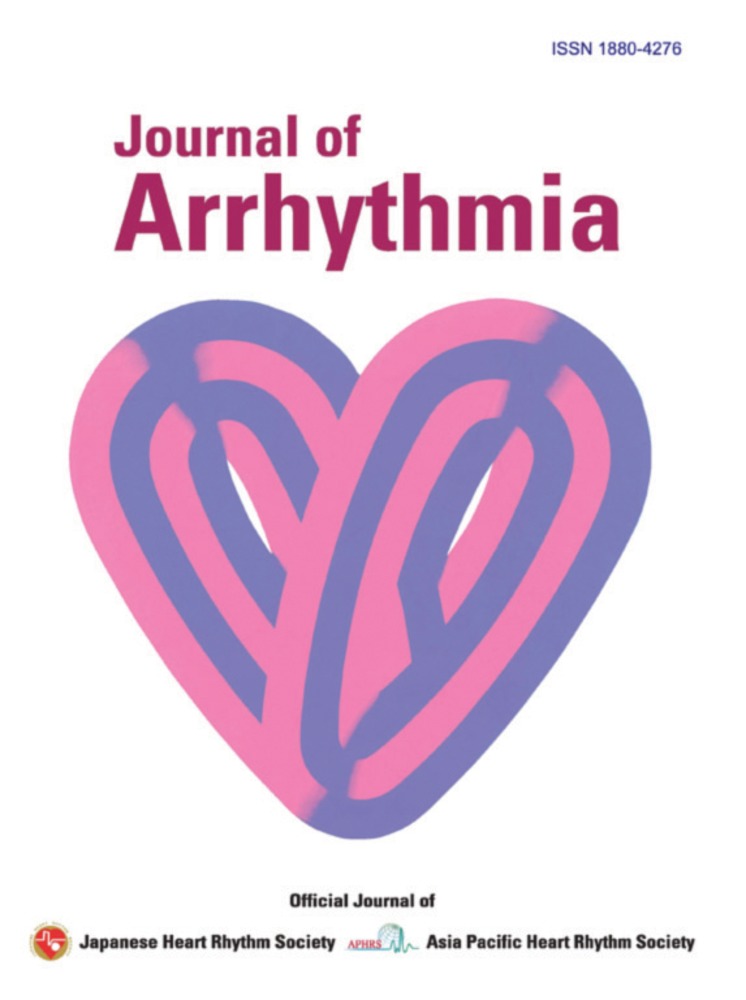Clinical Background and Evaluation of Drug-Induced Prolongation of QT Interval
Abstract
Prolongation of QT/QTc interval during medical treatment can occur not only with cardiovascular drugs but also with non-cardiovascular drugs. It may result in ventricular tachyarrhythmia, a high-risk condition which may trigger sudden cardiac death. Thus, to avoid drug-induced long QT syndrome and serious complications careful attention should be paid in the clinical setting.
Moreover, in the last several years objective evaluation by strictly applying electrocardiogram (ECG) data has been strongly recommended for the development of all new drugs in discussions held at the International Conference on Harmonization (ICH). This recommendation has already been adopted in the USA and the EU and is expected to be announced shortly in our country.
Not only the drugs but a variety of patient background factors may influence ECG parameters, especially the QT/QTc interval. It is necessary to introduce an appropriate study protocol that can evaluate the risk for QT/QTc prolongation related to the drug. Additionally, an adequate system to record, measure, and evaluate ECG with high objectivity must be applied to all clinical trials.




